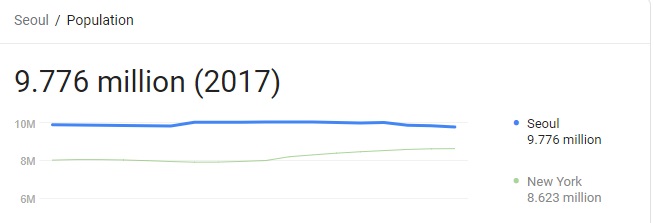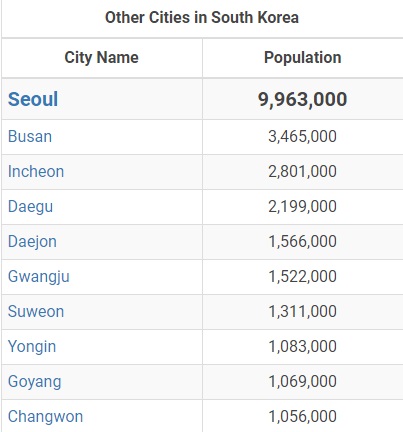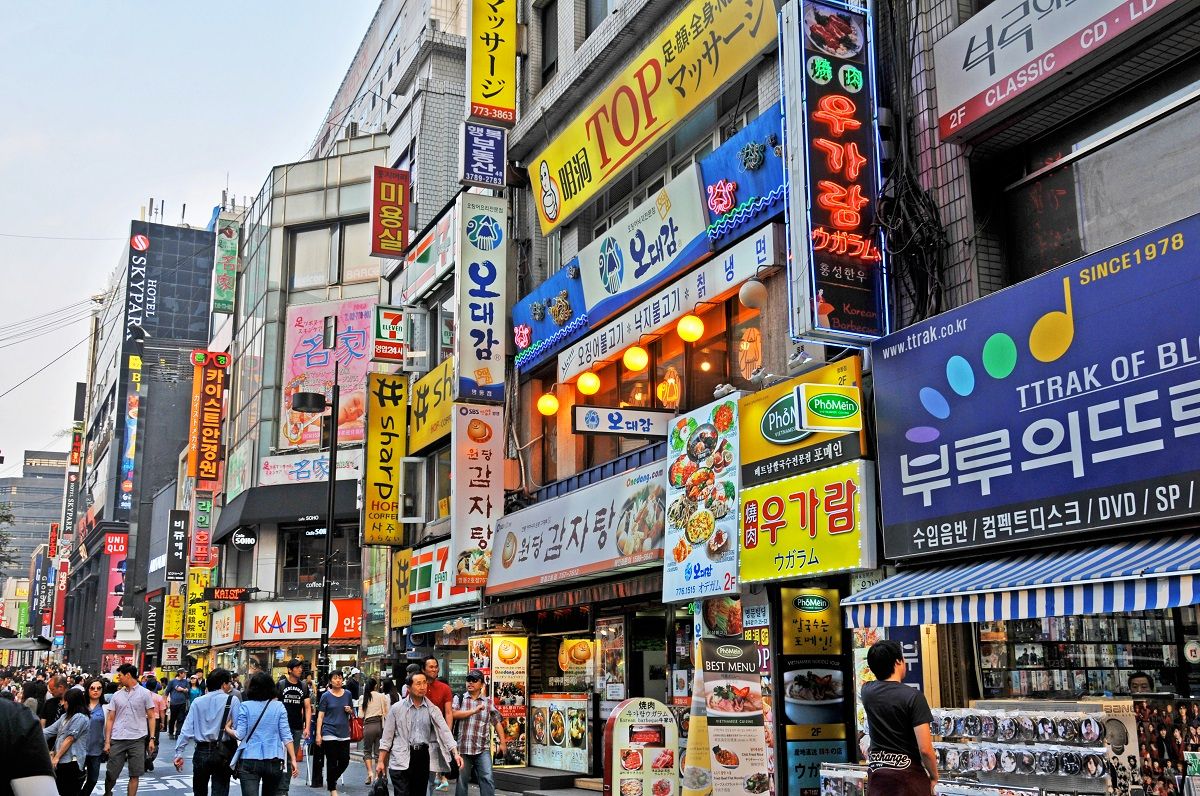On March 25, 2020, President Trump responded to his administration's handling of the COVID-19 pandemic by tweeting that the U.S. had undertaken "far more" COVID-19 coronavirus testing than "any other nation," including South Korea:
During a Coronavirus Task Force press briefing from the White House on March 30, a reporter questioned Trump's claim in that regard, pointing out that the U.S. still lagged behind countries such as South Korea in per capita testing.
Trump responded by asserting, "Look ... per capita we have areas of country that's very large." He then proclaimed, "I know South Korea better than anybody. It's a very tight ..." before posing the question, "You know how many people are in Seoul" You know how big the city of Seoul is?"
Trump proceeded to answer his own question, stating: "38 million people. That's bigger than anything we have. 38 million people all tightly wound together. We have vast farmlands, we have vast areas where they don't have much of a problem ... in some cases they have no problem whatsoever":
Population numbers can vary based on what figures and estimates they're based upon, and whether a "city" is defined as only the area within a particular city limit or as also encompassing a larger surrounding metropolitan area. However, no reckoning we could find puts the city of Seoul as home to anywhere close to 38 million people.
Multiple sources, including a United Nations report on the world's cities puts the 2018 population of Seoul (the city) at just under 10 million people, representing a bit under 20% of the country's entire population:


Estimates for the population of the greater metropolitan Seoul Capital Area encompassing Seoul, Incheon, and Gyeonggi-do put that number at about 25 million, roughly half the entire country's population:
The population of Seoul in 2016 is estimated at 10.29 million, although this is just the population of the Special City, which has a density of about 17,000 people per square kilometer (45,000/square mile). The sprawling metropolitan area is much larger at 25.6 million.
So Trump was right to suggest that much of South Korea's population is concentrated in a single area, but the population of that area (Seoul) is still far, far short of his claimed figure of 38 million people. We don't know the source of that figure, although it closely matches the estimated population of the entire Greater Tokyo Area:
The Greater Tokyo Area is the most populous metropolitan area in the world, consisting of the Kantō region of Japan (including Tokyo Metropolis and the prefectures of Kanagawa, Chiba, Saitama, Ibaraki, Tochigi and Gunma) as well as the prefecture of Yamanashi of the neighboring Chūbu region. In Japanese, it is referred to by various terms, one of the most common being Capital Region (首都圏, Shuto-ken).
A 2016 United Nations estimate puts the total population at 38,140,000. It covers an area of approximately 13,500 km2, giving it a population density of 2,642 person/km2. It is the second largest single metropolitan area in the world in terms of built-up or urban function landmass at 8,547 km2 behind only New York City at 11,642 km2.
The population of Tokyo may be a bit hard to understand because of the way the figures are laid out. The 23 wards claim a population of 9.2 million, but the metropolis has a population that exceeds 13 million. The greater Tokyo metropolitan area, which is spread over 3 prefectures, is much larger and has a population that is estimated to be over 36 million. That means the greater Tokyo area is home to 25% of Japan's population, and it's the most populous metropolitan area in the world. The metropolitan area is so large, in fact, that it is 1.5 times larger than the world's next largest metropolitan area, Seoul.

